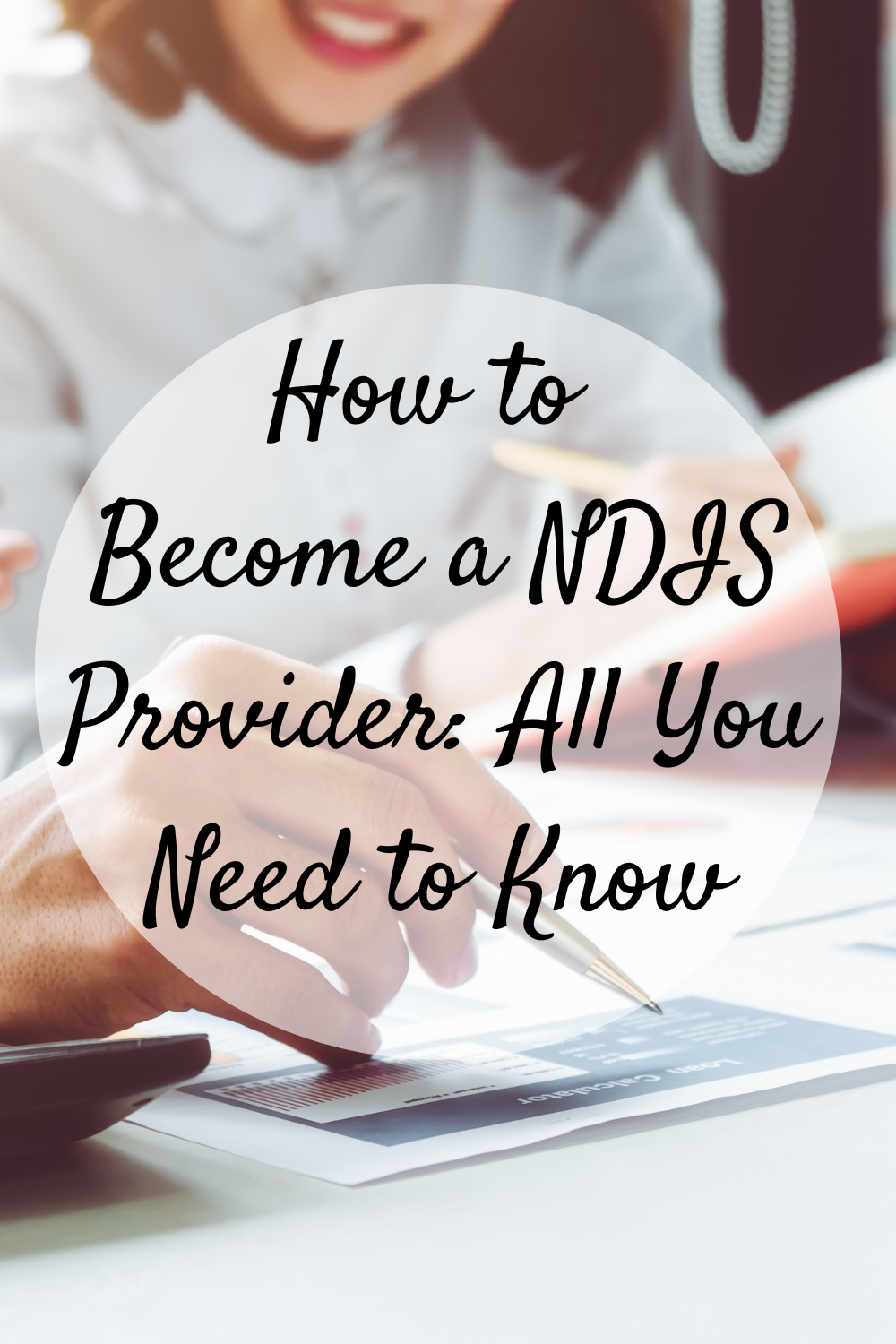
If you’re driven by a desire to uplift others and are keen on diving into the realm of disability support, this guide is designed to navigate you through the process of becoming an NDIS provider.
Understanding the NDIS
What is the NDIS?
The NDIS is a government-funded program in Australia designed to provide support and services to individuals with disabilities.
NDIS Services
- NDIS services can include everything from personal care and therapy to assistive technology and home modifications.
- Providers offer these services to NDIS participants, and payment is made through NDIS funding.
Eligibility
- To be eligible for NDIS support, a person must have a permanent disability that significantly impacts their daily life.
- They must also be under the age of 65 when they apply to join the NDIS.
If you need more details, this NDIS provider guide is an exceptional resource.
Step 1: Decide on Your Niche
Just like any business venture, it’s essential to define your niche when becoming an NDIS provider. Think about your passions, skills, and the specific services you’d like to offer within the NDIS framework.
Some ideas:
- Assistive Technology: Provide equipment and technology solutions to enhance the lives of NDIS participants.
- Accommodation Services: Offer specialized housing options for individuals with disabilities.
- Community Participation: Facilitate social and recreational activities for NDIS participants.
Step 2: Register Your Business
Now that you’ve chosen your niche, it’s time to register your business. This step involves several essential components:
- Business Structure: Decide whether you want to operate as a sole trader, partnership, company, or another legal structure.
- Business Name: Choose a unique and catchy name for your NDIS provider business. Ensure it aligns with your niche and values.
- ABN (Australian Business Number): Register for an ABN, as it’s required for taxation and business identification purposes.
- Insurance: Obtain the necessary insurance coverage, such as public liability insurance, professional indemnity insurance, and worker’s compensation insurance, depending on your services.
Step 3: NDIS Provider Application
This is the heart of the process – applying to become an official NDIS provider. Here’s what you need to do:
- Access the NDIS Commission Portal: Visit the NDIS Commission’s website and create an account in their Provider Portal.
- Complete the Application Form: Fill out the NDIS provider application form, providing accurate and detailed information about your business.
- Compliance Documentation: Prepare all necessary compliance documents, such as policies, procedures, and safety protocols, as required by the NDIS Commission.
- Quality and Safeguarding Requirements: Ensure your services meet the quality and safeguarding standards set by the NDIS Commission.
Step 4: Provider Orientation
Once your application is accepted, you’ll need to complete a provider orientation session. This session is essential to understand your obligations, responsibilities, and the NDIS Code of Conduct. It covers topics like:
- Rights and Responsibilities: Learn about the rights and responsibilities of both NDIS providers and participants.
- Complaints Handling: Understand how to handle complaints and disputes effectively.
- Code of Conduct: Familiarize yourself with the NDIS Code of Conduct and its ethical principles.
Step 5: Develop Your Services
With the paperwork and orientation behind you, it’s time to develop your services. This involves creating service agreements, pricing structures, and marketing plans. Here’s what you need to consider:
- Service Agreements: Draft clear and concise service agreements that outline the scope of services, terms, and expectations for both you and the NDIS participant.
- Pricing: Determine your pricing structure in accordance with NDIS price limits. Be competitive while ensuring your services are financially viable.
- Marketing: Develop a marketing strategy to reach potential NDIS participants and build your client base.
Step 6: Compliance and Quality Assurance
To maintain your status as an NDIS provider, you must uphold certain standards of compliance and quality assurance. This includes:
- Ongoing Training: Keep your staff updated with relevant training and certifications.
- Quality Audits: Be prepared for regular quality audits by the NDIS Commission to ensure your services meet their standards.
- Feedback and Improvement: Continuously gather feedback from participants to improve your services.
Step 7: Service Delivery and Reporting
As you begin providing services to NDIS participants, it’s crucial to maintain clear records and reporting. This helps with accountability and ensures you provide the best care possible. Consider the following:
- Record-Keeping: Maintain accurate records of services provided, including dates, times, and outcomes.
- Reporting: Submit required reports to the NDIS Commission, including participant progress reports and financial statements.
- Participant Feedback: Act on participant feedback promptly to enhance your services.
Step 8: Grow Your Network
Building a network within the disability support community can greatly benefit your NDIS provider business. Attend industry events, collaborate with other providers, and seek opportunities for partnership. Networking can lead to referrals and expand your reach.
Step 9: Stay Informed
The disability support landscape is constantly evolving. Stay informed about NDIS policy changes, updates, and industry best practices. Join industry associations and subscribe to newsletters to keep up to date.
Conclusion
Stepping into the role of an NDIS provider demands perseverance, empathy, and an unwavering commitment to delivering exemplary services. By adhering to the necessary steps and persistently honing your expertise and services, you stand to profoundly affect the lives of NDIS members and flourish as an NDIS service provider. It’s essential to recognize that triumph in this sector goes beyond mere documentation and regulatory adherence; it hinges on creating tangible positive shifts in the lives of those with disabilities. Hence, take that inaugural step, let your zeal guide you, and commence your gratifying voyage as an NDIS provider.





Leave a Reply